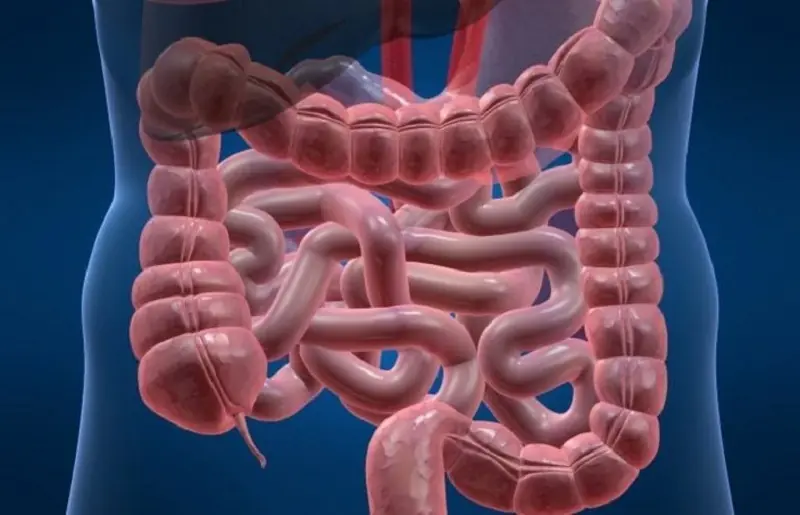
A research reveals your body knows when death is near, and it all starts in the

The Human Body’s Mysteries: Can We Sense Death Approaching?
Even with decades of scientific study and technological progress, there are still aspects of the human body that puzzle doctors and researchers. Given the incredible complexity of our biology, this should not come as a complete surprise.
Some individuals are said to possess a “sixth sense,” allowing them to predict events before they happen. Interestingly, recent research suggests that humans may also have the ability to subconsciously detect when death is near.
The Role of Putrescine in Death Detection
When a person dies, the body begins to decompose almost immediately. In this process, a chemical compound known as putrescine—a toxic, foul-smelling substance—is released. Scientists have found that humans are capable of subconsciously recognizing this odor.
More than just recognition, exposure to the scent triggers an instant reaction in the body. Researchers Arnaud Wisman from the University of Kent’s School of Psychology in the UK, and Ilan Shira from the Department of Behavioral Sciences at Arkansas Tech University in the U.S., explain that humans, like animals, use scent signals as survival mechanisms, often responding instinctively to danger.
Human Reactions to the Smell of Decay
Experiments conducted by Wisman and Shira revealed that people exposed to putrescine tend to instinctively distance themselves, mirroring animal behavior when faced with threats—choosing either to flee or prepare for confrontation.
The researchers point out:
“We do not know why we like or dislike certain smells, and we’re usually unaware of how odors influence our emotions, preferences, and attitudes.”
Other scientists also note that while it may be difficult to think of a scent as frightening, odors can increase alertness and awareness of one’s surroundings.
Scents and Human Behavior
Scent has long been recognized as a powerful influencer of human behavior. For example, sex pheromones—chemicals released by both men and women—can trigger behavioral responses in the opposite sex, encouraging attraction and mating.
By contrast, putrescine communicates an entirely different message. Researchers explain that while pheromones often promote attraction, the presence of putrescine tends to elicit avoidance or even aggression. What makes this more striking is that people are generally unaware of perceiving this smell or linking it directly to death or fear.
Conclusion
Although science has yet to fully explain the complexity of human senses, research indicates that our reactions to certain scents—particularly those tied to decay—play an important role in survival. Just as animals instinctively recognize danger through smell, humans may also unconsciously respond to chemical signals like putrescine, subtly shaping behavior in moments of threat.
News in the same category


From age 65, how often should you shower (and why over-washing can be harmful to your health)

What’s the Secret to Becoming a Super-Ager?

Coffee, Cookies, and Cheese Recalled From Major Retailers in Multiple States
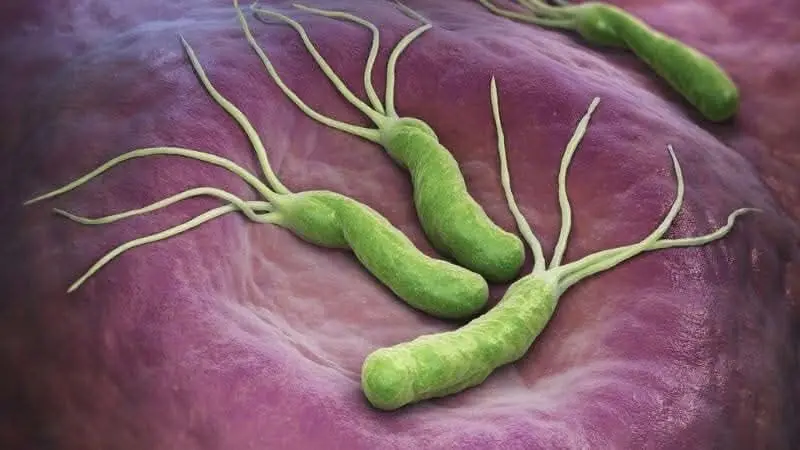
H. Pylori Fears These 5 Foods the Most — Eat Them to Protect Your Stomach

Woman Unveils 5 Colon Cancer Symptoms You Must Never Ignore
Colon cancer is often called the “silent disease” because its warning signs are easy to dismiss. One Texas mother, Radwah Oda, is now sharing her painful journey in hopes of saving others from making the same mistake.
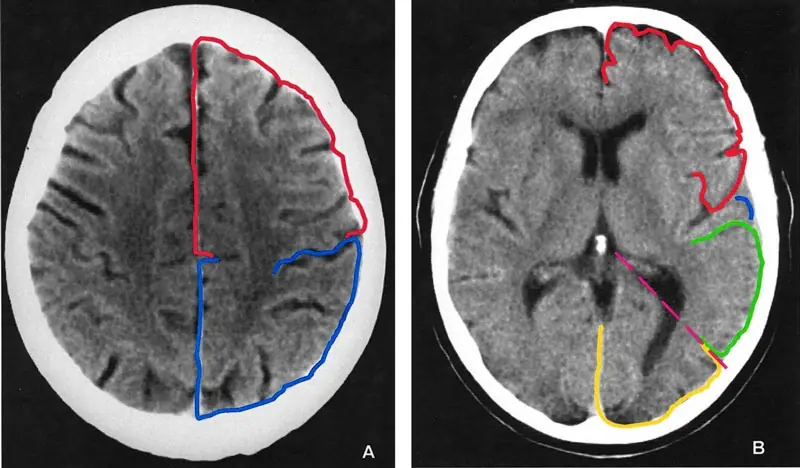
The Silent Killer" That Causes Brain Shrinkage — Yet Parents Still Feed It to Their Children Daily

Mother and Child D:ie From Liver Cancer — Doctors Reveal 3 Ingredients That Should Never Go Into Porridge
The story of the mother and child stands as a haunting reminder that the smallest choices in the kitchen can carry lifelong consequences.

Proven Health Benefits of Walnuts, How Many to Eat, and More (Science Based)

The Most Dangerous Foods: Unpacking the Risks of Processed Meat

Synthetic Dyes Are Out: Skittles, M&M’s, and More Go Natural by 2026

Vaseline and Egg White Face Mask: The Ultimate Anti-Aging Remedy to Look 10 Years Younger
Whether you’re looking to reduce wrinkles, lighten dark spots, or prevent acne, this mask offers a wide range of benefits that will transform your skin.

15 Honest Phrases You’ll Never Hear From a True Narcissist
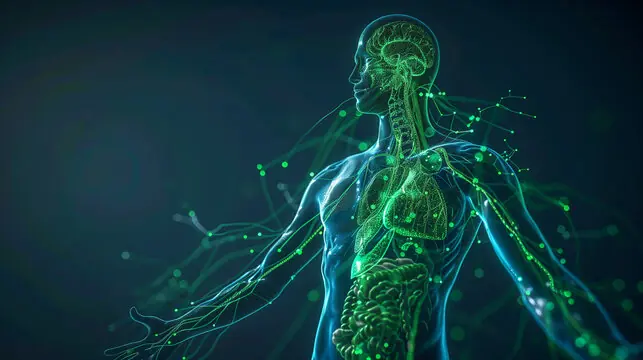
Three-Day Lymphatic Cleanse To Keep You Healthy All Year Long

How Water Fasting Can Have Many Benefits

5-Year-Old Loses Battle With Cancer — Doctors Reveal 5 Foods Parents Must Never Give Their Children
The heartbreaking loss of a 5-year-old child to late-stage cancer has sparked a powerful warning from health experts. Doctors now stress that nutrition plays a far bigger role in preventing chronic diseases than many parents realize.
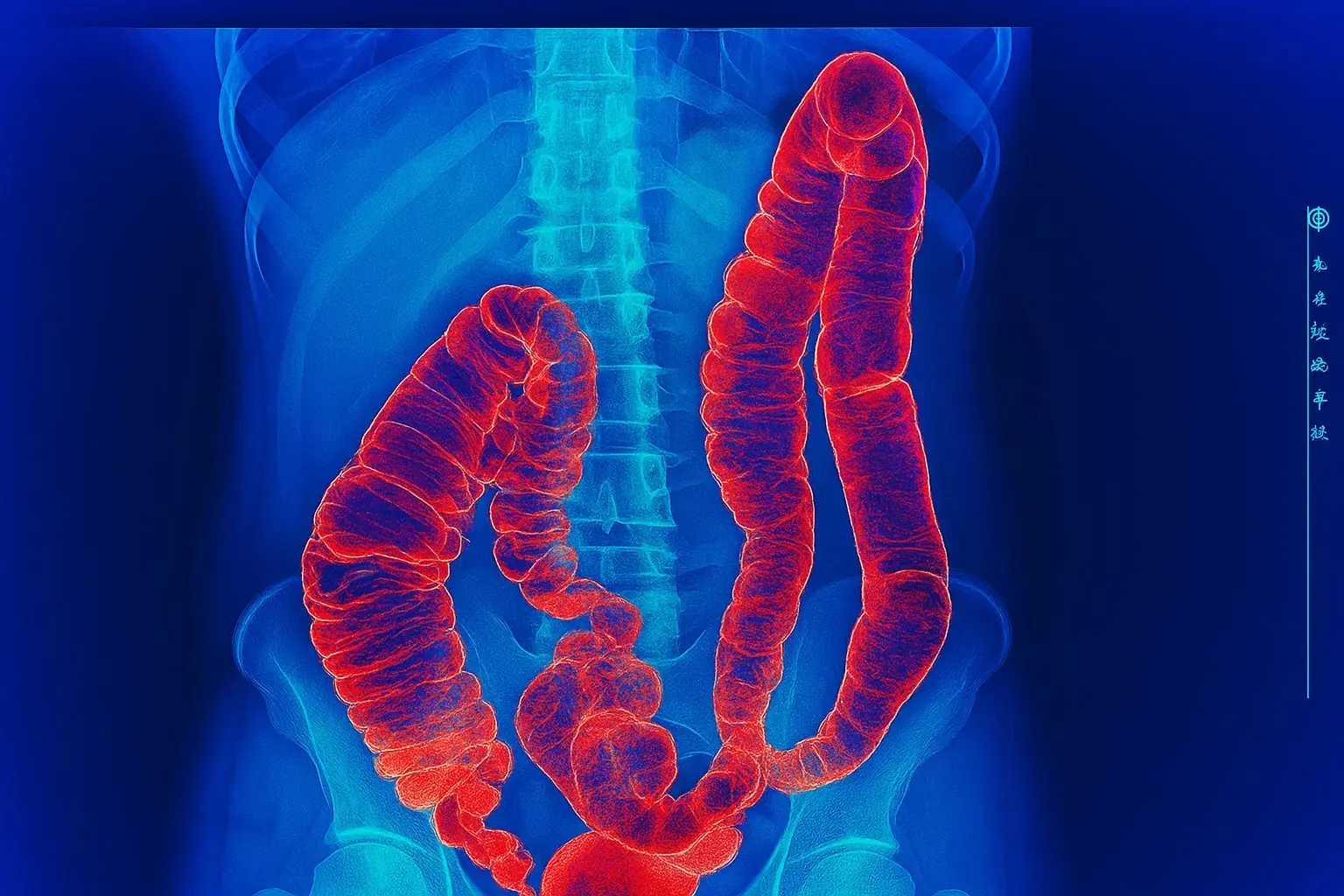
Toxic Megacolon From Severe Constipation — What Causes It and How To Prevent It
Constipation may seem like nothing more than an uncomfortable inconvenience, but ignoring it for too long can put your health at serious risk. In extreme cases, chronic constipation can progress into a life-threatening condition known as toxic megacolon,

Stage 4 Cancer Woman Issues Urgent Warning: Don’t Ignore These Subtle Signs
A mother of two ignored what seemed like minor health issues, only to learn they were signs of stage 4 bowel cancer. Now, she’s warning others not to make the same mistake.

The surprising truth about eating eggs every day
News Post

lacing these 3 things on top of the fridge will cause wealth to disappear, no matter how much you have.

Buying bananas: Wise people turn away when they see these 3 types, while foolish ones grab them just because they’re cheap

Don’t soak frozen meat in plain water. According to chefs, there’s a way to defrost it in just 5 minutes while keeping it delicious.

Water heaters have a hidden 'switch.' Any household that knows how to open it can use it for 10 years without worrying about damage or high electricity bills

Mix white salt with fabric softener, solve many household problems, and save a lot of money.

Apply this on a knife, and no matter how dull it is, it will become razor-sharp and shiny, without needing a whetstone.

Inside the washing machine, there’s a ‘small box’ with an incredibly powerful function: Not knowing how to use it is such a waste.

Why Some Women Lose Their Desire: 4 Avenues to Explore

Why should you keep some money behind your phone case?

If You Have Colon Polyps, These 4 Signs While Using the Toilet May Appear – See a Doctor Before It’s Too Late

From age 65, how often should you shower (and why over-washing can be harmful to your health)

What’s the Secret to Becoming a Super-Ager?

Coffee, Cookies, and Cheese Recalled From Major Retailers in Multiple States

H. Pylori Fears These 5 Foods the Most — Eat Them to Protect Your Stomach

Woman Unveils 5 Colon Cancer Symptoms You Must Never Ignore
Colon cancer is often called the “silent disease” because its warning signs are easy to dismiss. One Texas mother, Radwah Oda, is now sharing her painful journey in hopes of saving others from making the same mistake.

The Silent Killer" That Causes Brain Shrinkage — Yet Parents Still Feed It to Their Children Daily

Mother and Child D:ie From Liver Cancer — Doctors Reveal 3 Ingredients That Should Never Go Into Porridge
The story of the mother and child stands as a haunting reminder that the smallest choices in the kitchen can carry lifelong consequences.

Proven Health Benefits of Walnuts, How Many to Eat, and More (Science Based)

The Most Dangerous Foods: Unpacking the Risks of Processed Meat
